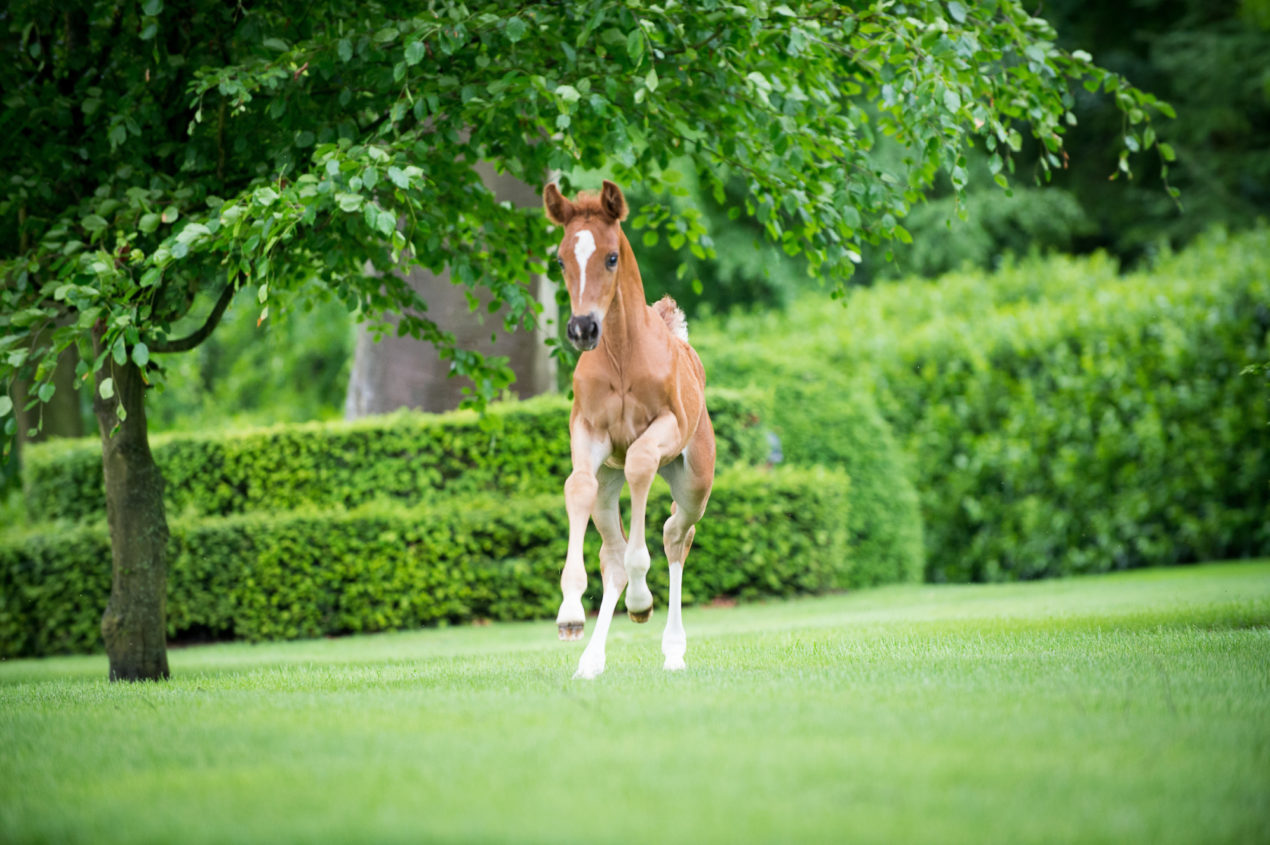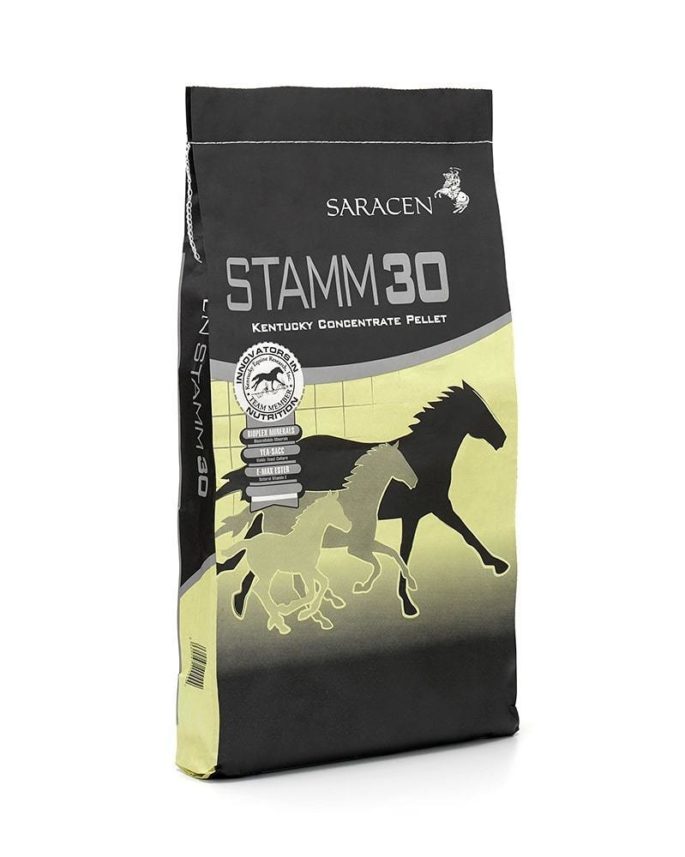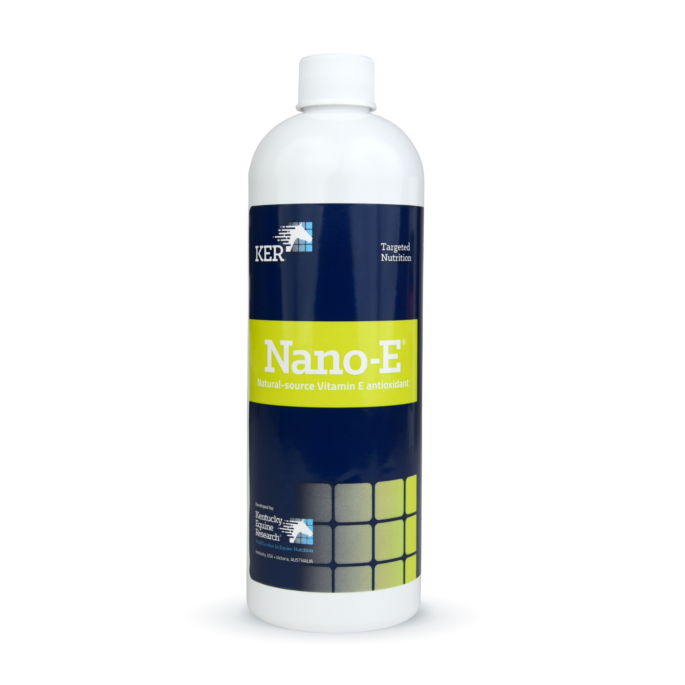Supporting Foal Development Through Correct Broodmare Nutrition.

Supporting optimum growth and development in youngstock is initially the important job of the broodmare, and so providing her with the correct nutrition is vital.
During the first three months of lactation, broodmares have a significantly increased demand for energy in order to support both their own and the nursing foals’ nutritional requirements. The most common mistakes in feeding the broodmare can be over-feeding during early pregnancy, and under-feeding during lactation.
The broodmares nutritional needs increase the most during lactation and providing the right nutrition will enable her to produce enough milk for the foal. Maintenance requirements increase by about 10% in lactating mares and during the first month of lactation, the broodmare requires around 133MJ of digestible energy per day. At 6 months of lactation this energy requirement reduces to 114MJ of digestible energy which coincides with a reduction in milk production and a reduced reliance of the foal to get their nutrition from the mare.
Lactating mares will also have an increased need for water, consuming up to 3 times more than what may be required normally. Ensuring ample supplies of fresh, clean water and monitoring the mares consumption is also advisable.

Forage should still make up the largest part of the broodmares diet, with good quality fibre from grass, hay or haylage supplying a significant number of calories. However, modern day pastures will rarely provide the correct vitamins or minerals required and as a minimum, additional supplementation should be offered. Even at 4 months old, foals will still be relying on the mare’s milk to provide 30-50% of their nutrients, with calcium, copper, phosphorous and zinc being the more critical minerals required to support the growth of young horses. Milk is naturally low in copper and zinc which is required for cartilage development, and targeted stud balancers with elevated levels of these minerals are recommended. Feed balancers such as Stamm 30® also contain maerl, a bioavailable source of calcium which has been shown to support bone development and maintain optimal gastric health in both the broodmare and youngstock.
Milk is 20-25% protein, and mares can produce up to 2-4% of their body weight in milk each day (approximately 20 litres for a 500kg horse) and so providing quality protein as well as meeting energy requirements is also essential. One study found that protein restriction in mares during lactation led to reduced growth rates after 90 days when compared to those that did not have any restriction. Not only did the quantity of protein lead to reduced milk production, but quality protein also had an impact on lactation and foal growth rates.

Finally, supplementing the mare with additional vitamin E such as KERs Nano-E can also provide additional benefits such as supporting the immune system in young foals. Further supplementation with Omega 3 fatty acids such as DHA that are found in supplements such as KER’S EO.3 were also found to support brain development as well as the trainability of young animals, including foals.
NEED MORE GUIDANCE?
If you would like any advice for your horse, please feel free to contact our nutritional team on 01622 718487 or fill out our Feed Advice Form.
Feed Advice Form
Complete our online form to receive a detailed nutritional plan for your horse or pony from one of our registered nutritionists.
Quick Feed Finder
Use our quick and easy feed finder as a guide to select the right feed for your horse or pony.












